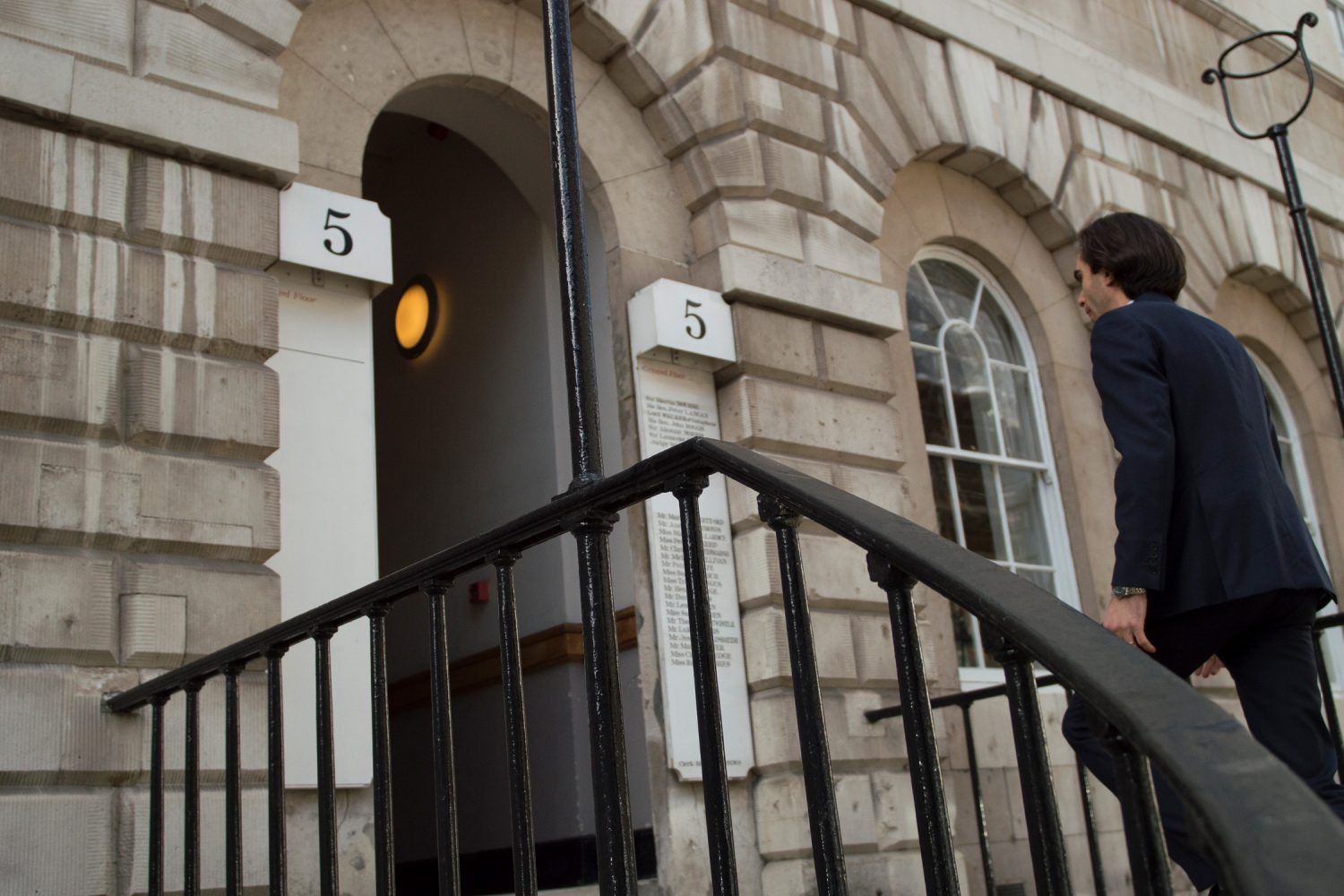Reducing our environmental impact
Operating within the Bar poses some challenges in terms of our impact on the environment: the Bar has traditionally been a very paper-based profession and we operate from historic buildings where making adaptations to ensure that our use of them does not result in an undue impact is not easy. We have tried to meet these challenges and others as follows:
- We carried out an ‘eco-audit’ of our operations with the Camden Climate Change Alliance (CCCA). As a result of this, we have put in place a ‘switch-off’ campaign to ensure that energy use is minimised when our premises are not in use. This resulted in a 50% reduction in energy use over one bank holiday weekend. A further ‘eco-audit’ was carried out in September 2024 and chambers welcomes appropriate suggestions to minimise its environmental impact.
- Draught excluders and automatic heating timers have been installed in our annex at 8 Old Square to conserve energy.
- Old books which are no longer in use by our members have been recycled via a specialist company which deals with legal books.
- We provide carbon neutral, ethically-sourced water for client meetings from a company which donates profits to Water Aid.
- We recycle waste such as paper, glass, tins, batteries, coffee capsules and plastic; we recycle printer toner cartridges, the proceeds from which go in support of the Rainbow Trust. We discourage the use of single use plastic by providing glasses, cutlery and crockery for members and staff to use. We provide water filters for members and staff, rather than bottled water.
- Materials printed by the clerks’ room are now printed double-sided where possible, reducing paper usage by half.
- Members are encouraged to, and often now do, use less paper and instead access their documents electronically.
- We have ordered branded reusable magnetic badges for our conferences and chambers events, which avoids the use of single-use plastic.
- We encourage cycling to work and provide a shower to members and staff to use as required. All members and staff currently walk, cycle or use public transport to and from chambers.

